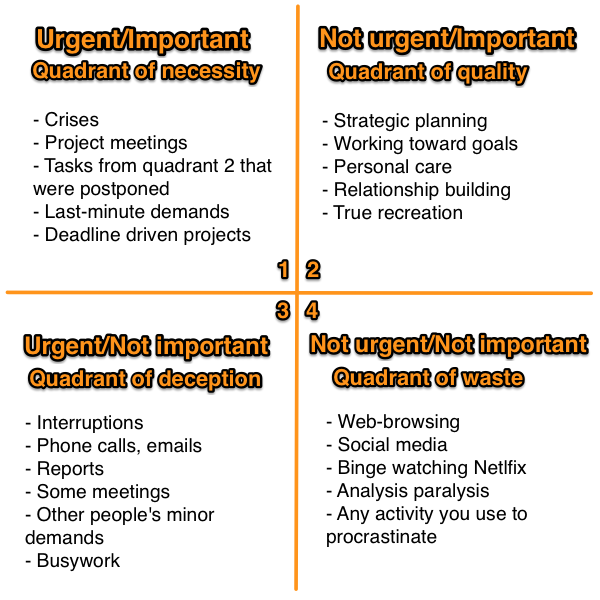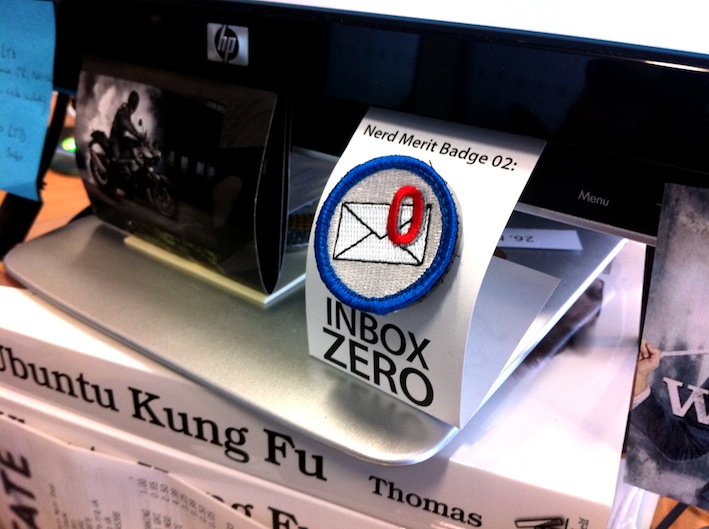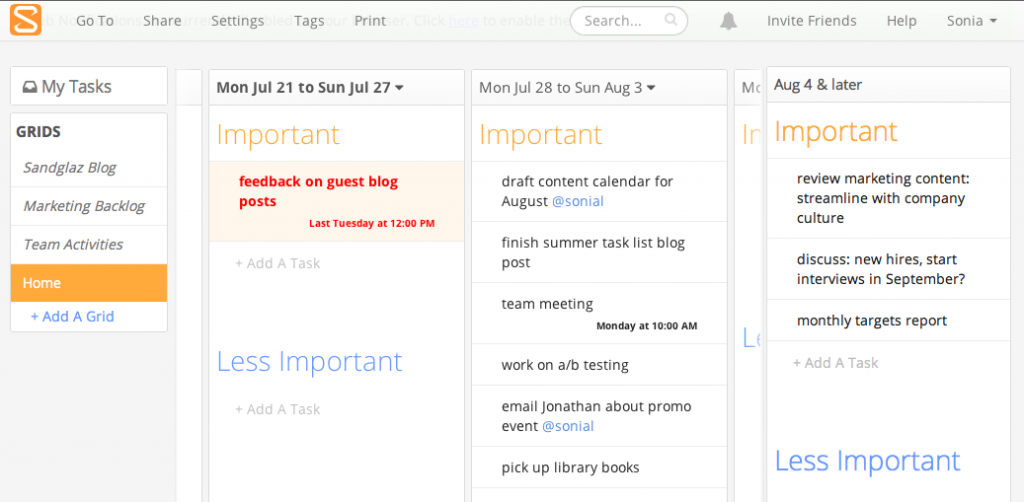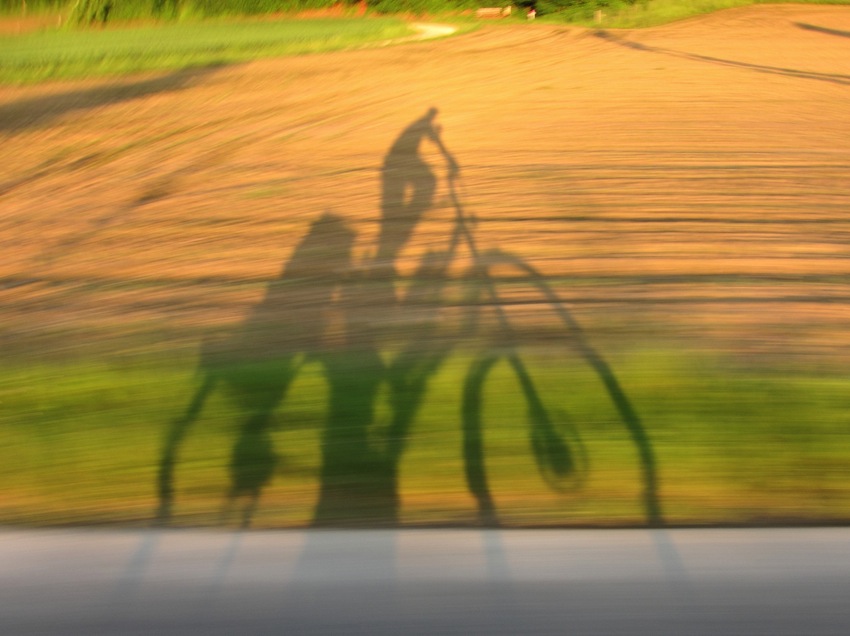Productivity tips to stay on top of your daily task list this summer
Many see the long hot days of summer as the time when productivity takes a big downward dip. The days are long, the schools are closed, your friends’ latest vacation pictures keep popping up on Instagram... and so you watch the sunshine longingly from your office, wishing you were outside.
However, it doesn’t have to be this difficult to stay focused. The summer months can actually be when you’re the most productive. It can be a time for you to reorganize and stay on top of your daily task list.
Summer represents a shift from your normal pace of work. The office is quieter, business slows down as customers are away, and the routine of your day is slightly altered.
These can all be positive changes. You just need to adjust your task management accordingly so that you can take full advantage of all the productive changes summer has to offer.
So what can you do to stay on top of your daily task list this summer?
Embrace flexibility
You should enjoy the fun summer has to offer and work productively at the same time. So how to do this? First of all, schedule your breaks. Plan your leisure activities with some margin so that they don’t interfere with important work. For example, if you know you’re going to leave work early one day to catch up with friends over a barbecue, come to work early or stay late the day before.
Likewise, allow flexibility for your most important and time consuming tasks. It’s good to set ambitious deadlines, but the point is after all to keep them, not bite off more than you can chew. So leave good margin for important projects in case they end up taking longer than expected.
Use a task management tool to organize your daily to-do list
If you know you’re the type of person who is easily distracted, plan your day ahead of time.
Use a task management tool to stay on top of things. Take a few minutes at the beginning or end of every day to plan your upcoming tasks. If you use a task management tool that allows for flexible planning, you can set up both the immediate tasks that you need to work on (by using the column for the current day or week), and the long-term goals you’re aiming for (by using the later column).
Once you set up the tasks you’re going to do the following day, try to be disciplined in your work and stick to your daily goals. As you get into the habit of planning your days ahead of time, you will get better at approximating how much you can get done in one day. By being structured with your time, you’ll start working more efficiently.
We suggest that you limit the number of tasks you schedule in a day to 5-7 tasks.
Take a sunshine break
When you organize your daily task list, schedule in a sunshine break after you complete a particularly demanding task. It can be as simple as eating lunch outside or taking a midmorning walk. By taking it after the completion of a task you both create a system of rewards for yourself and get to enjoy some quality time outside before getting back to work. Also, that brief mental break will help to boost your productivity later in the day.
Not surprisingly, most office workers are vitamin D deficient. With almost all our work taking place inside, it’s important to get out into the sun for a little while each day to boost vitamin D levels, which improve overall health and wellbeing. While you can also get vitamin D from fish, milk, and eggs, your diet often doesn’t provide you with enough vitamin D on its own. You need sunshine too.
Bike to work
If you bike to work, you get a sunshine break, exercise, and a mode of transportation all in one. And it’s a sustainable, environmentally friendly solution to your morning commute.
It’s a great way to start your day: instead of cramming onto a crowded subway and getting stressed by all the other stressed morning commuters, you can just hop on your bike and start your day off with exercise and fresh air.
If you live within a reasonable distance of your office, we’d definitely recommend it! Also, biking to work can make you more punctual: it’s much rarer to get stuck in a traffic jam as a biker, and you don’t run the risk of the usual public transport delays. It’s all up to how fast you pedal and what time you leave.
According to a study by health professor Jim McKenna of Leeds Metropolitan University, exercising before work can raise your productivity by an average of 15%. Starting your day off with exercise increases your blood flow and creates ideal conditions for performing tasks that require focused thinking.
Focus on the Important quadrant of the Eisenhower Matrix
We’ve written before about how the Eisenhower Matrix helps you manage your tasks - in fact, Sandglaz is designed with the flexibility of the Eisenhower Matrix (and Kanban) in mind.
By dividing your to do list into four quadrants, the Eisenhower Matrix helps you identify which tasks are most important and which are most urgent. On that basis you can evaluate which tasks you need to prioritize. The four quadrants are: (1) urgent/important, (2) not urgent/important, (3) urgent/not important, and (4) not urgent/not important.
Throughout the year, we tend to spend a lot of our time in (1) and (3) - on urgent activities, and interruptions that are not that valuable to our work, or on important tasks that we’ve left for the last minute. We also spend a fair amount of time procrastinating in (4).
 In reality, we should be spending the majority of our time in (2) - thinking about long term goals, strategic planning, and general wellbeing.
In reality, we should be spending the majority of our time in (2) - thinking about long term goals, strategic planning, and general wellbeing.
If you’ve been neglecting quadrant (2), then summer is the perfect time to start thinking about the big picture again.
With many people away from the office, you all of a sudden have the quiet that you need to think about how you want to tackle difficult projects. Instead of getting bogged down in the micro-level details of your work, you have more time to give complex issues some serious thought.
Also, because so many people are gone in the summer, it’s a perfect time to get started on deep-thought projects where you can work more independently. Save the collaborative projects for when everyone is back in the office.
Use the summer calm both as a time of reflection and to think about the future. In the last year, what strategies worked and didn’t work? What should you continue with? How should you adjust your goals so they’re in line with your vision and company culture?
These are all questions that you have ample time to ponder over in the summer.
Aim for Inbox Zero
Remember those 60 or so emails that have been lying around in your inbox for the past month without you really knowing what to do with them? Now is the time to deal with them.
During the summer, the flow of incoming mails into your inbox slows down somewhat. This brief reprieve gives you the time to reach that mystical goal: Inbox Zero. So organize, archive, delete, or reply to the sad neglected messages lying in your inbox.
Cleaning up your inbox, like cleaning up your desk, can give you deep psychological satisfaction - you get a sense of closure as all loose ends are tied up. In a neat, distraction-free environment, most of us are more productive.
Prioritize your tasks
Our most important tip for you to efficiently get through your daily task list is to prioritize. We already wrote about how multitasking doesn’t work: so select your most important or difficult task, tackle it first, and leave the easier ones for later in the day.
This is especially important in the summer as you’ll be all the more tempted in the sunny afternoon to go and enjoy the day. Because of this productivity dip in the afternoon, it’s doubly important to have a productive morning.
That way, you can get all your important stuff done and still have enough time for leisure at the end of the day. After all, why choose between work and play when you can make time for both?
Do you already use one of these 7 tips to stay productive in the summer? Do you find the change of pace during the summer months useful to work on your long-term goals? Share your thoughts and experiences in the comment section below.
Photo credit: Niklas Sjöblom, 74-ant-ma, yaili, Rayi Christian W: cc



